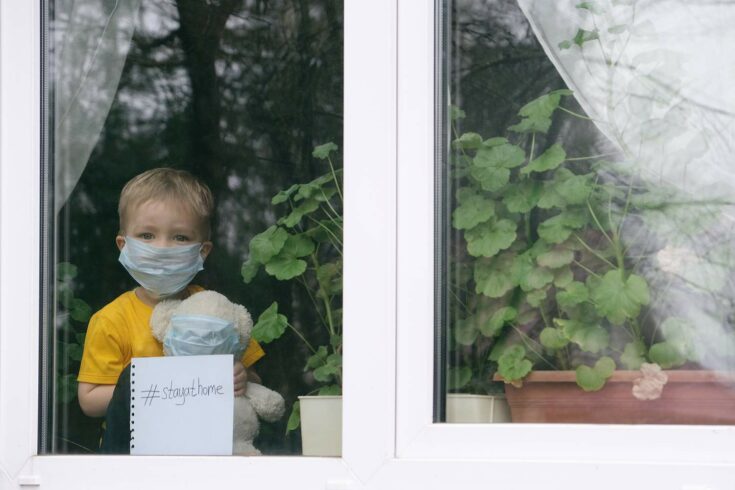CLOSER partner studies have launched questionnaires to survey over 100,000 participants about the impact of COVID-19 on their lives.
These studies have been surveying hundreds of thousands of people about the impact COVID-19 has had on their lives.
The CLOSER hub is funded by the Economic and Social Research Council (ESRC).
Impact on individuals, families and communities
Data collected from CLOSER’s various longitudinal studies will explore the short and long-term impact of the pandemic on individuals, families and communities across the UK, assessing life before, during and post-COVID-19.
The data focuses on the effects of the various restrictions the UK has had in place, looking at health, social, economic and behavioural change. It represents all age groups, from adolescents to older generations.
Importantly, it provides insights for research and policy and helps to inform the UK’s response to the immediate and after-effects of COVID-19.
CLOSER has also launched a COVID-19 update bulletin – sign up to stay informed.
Assessing the UK’s mental health
Separate to CLOSER, a weekly study is underway that looks at the mental health and wellbeing of UK adults throughout the pandemic.
The COVID-19 Social Study launched just before the UK went into lockdown. University College London (UCL) is conducting the research, which is funded by UKRI, the Nuffield Foundation and the Wellcome Trust.
The research findings are shared in real time with the government, community groups, the general public and the World Health Organisation. They have been used to help shape policy, wellbeing initiatives and the messaging around COVID-19.
Identifying a different pattern in the early stages
Dr Daisy Fancourt, Associate Professor of Psychobiology and Epidemiology at UCL and lead author of the study says there are interesting results so far.
During previous epidemics, such as SARS (severe acute respiratory syndrome), Ebola and MERS (Middle East Respiratory Syndrome), mental health typically deteriorated for people during quarantine.
With COVID-19, Fancourt says a different pattern emerged during the early stages of lockdown:
There were higher levels of anxiety and depression than normal, but not the continued increase we thought would happen.
It got worse prior to lockdown coming in, and then stabilised during lockdown.
The study comes under the umbrella of the mental health initiative the MARCH Network, which examines how social, cultural and community assets support mental health and is also funded by UKRI through AHRC and ESRC.
Social isolation and disadvantaged and vulnerable groups
Another part of ESRC’s response to the COVID-19 pandemic was a review that was commissioned and published to find out about the impacts of social isolation on disadvantaged, marginalised and vulnerable populations during pandemics and other public health crises.
The review defined vulnerable groups as those at greater risk of infection or of adverse effects of social distancing measures.
It identified gaps and priorities for further research and proposed policies to mitigate the impacts of social distancing and isolation and prevent the widening of social inequalities.
Key findings
Some of the key findings were:
- mental health problems are more common in vulnerable and disadvantaged groups following individual or community-wide periods of social isolation in the context of public health crises
- the disproportionate impact among vulnerable and disadvantaged groups extends to other outcomes like income, employment, access to food and discrimination
- these disparities are especially pronounced at the intersections of multiple vulnerabilities and disadvantages, for example, those with low income, insecure employment and minority ethnic group status
- social restrictions that confine people to their homes for extended periods increase the risk of abuse and exploitation, particularly among girls and women
- further inequalities are evident in people’s capacity to comply with social distancing measures, with this being most difficult for those on low incomes, in insecure employment and living in overcrowded homes.
Last updated: 17 June 2022

